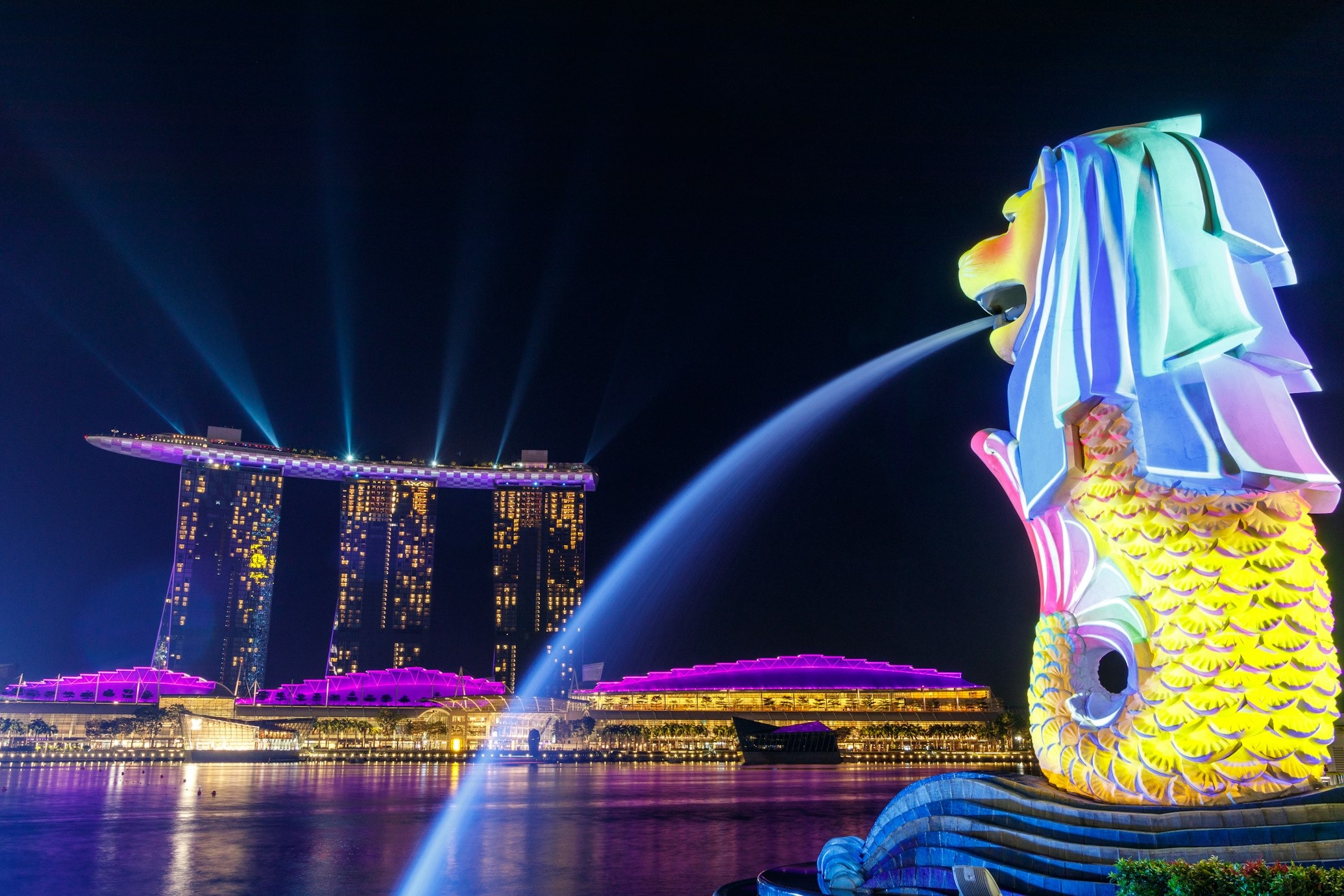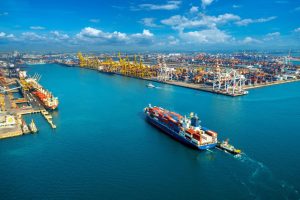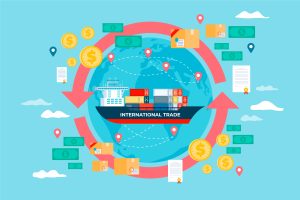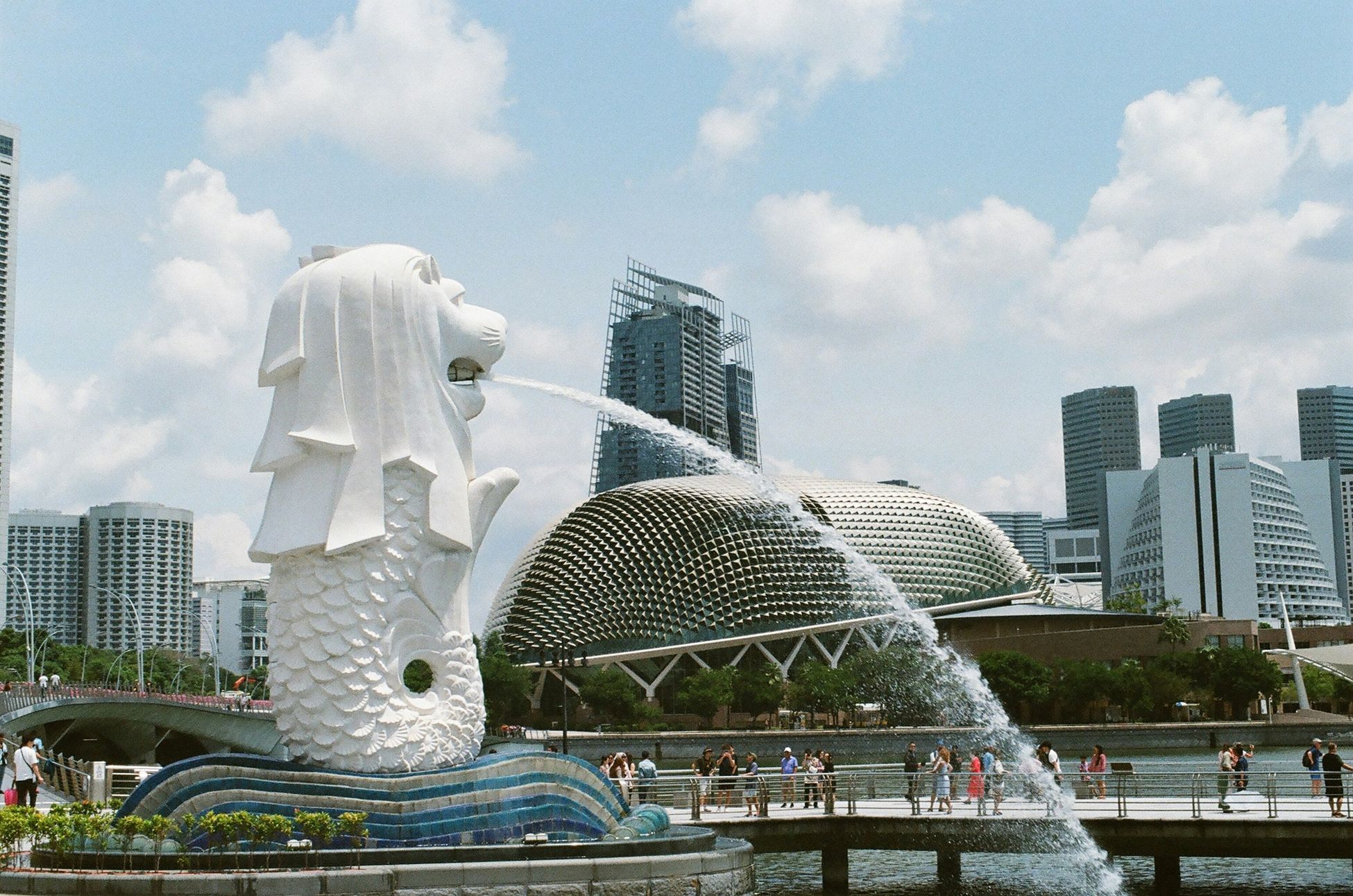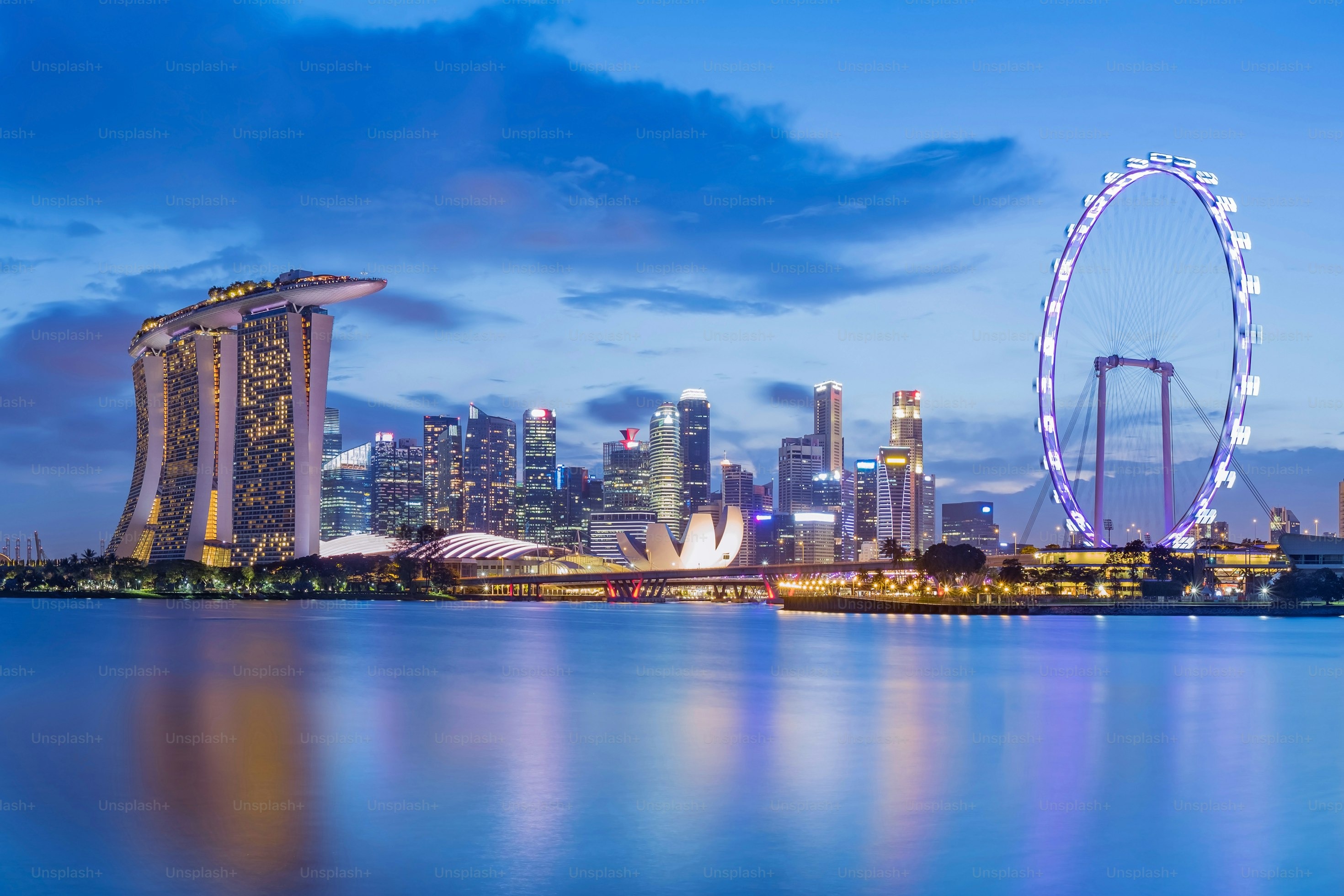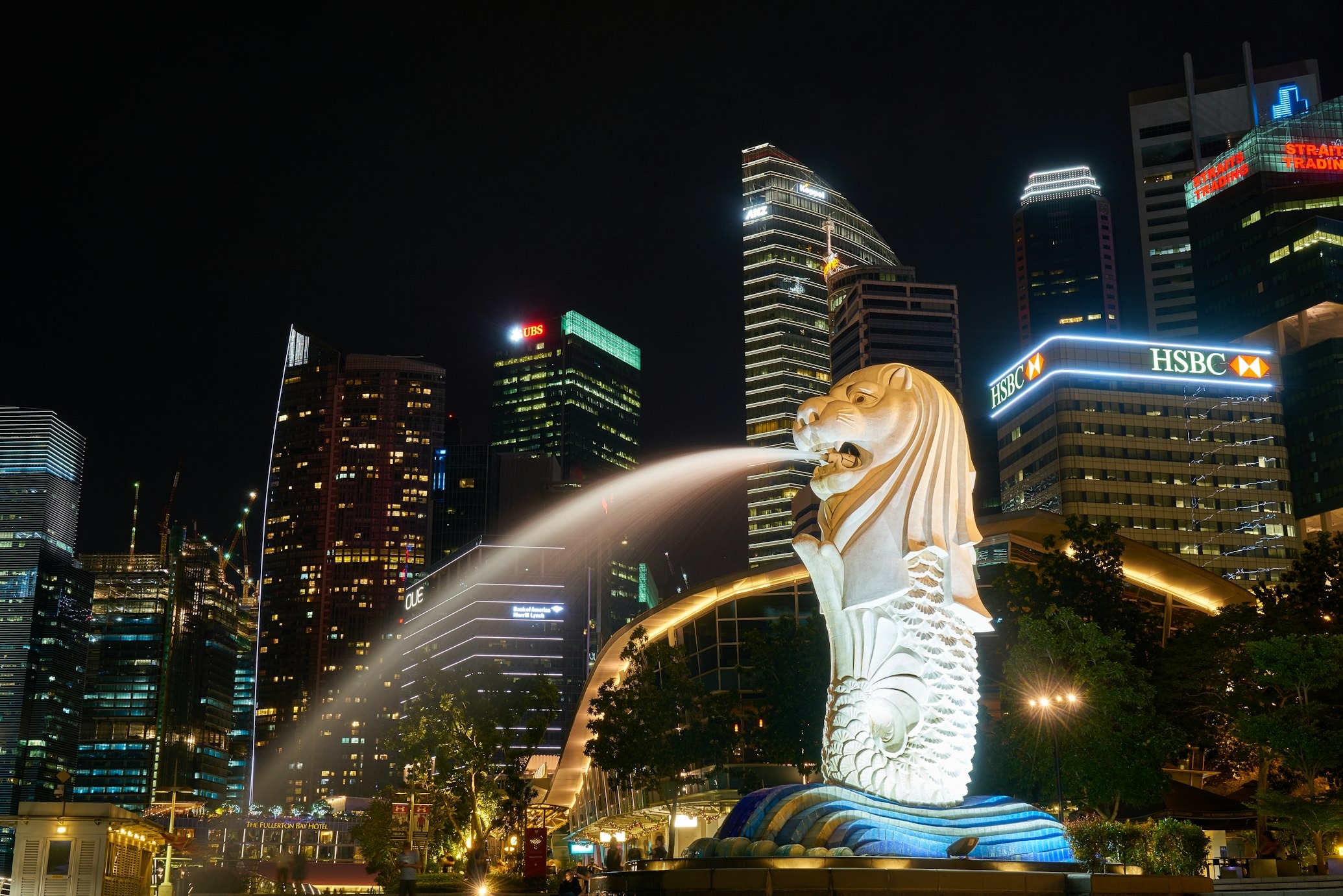Singapore, a Southeast Asian island nation, has carved a unique niche in the global economy. Often referred to as a “global trade hub”, it boasts one of the world’s highest trade-to-GDP ratios, exceeding 300% (Source: ASEAN Briefing, 2023). This remarkable achievement can be attributed, in large part, to its well-defined and strategically implemented trade policies. Understanding these policies is crucial for any business or individual looking to navigate the Singaporean market.
Free Trade Agreement (FTA)
It is common knowledge that Singapore’s foreign trade is three times the size of its economy. Therefore, trade is the source of our life. The rise of Singapore and other countries in East and Southeast Asia is largely due to free and open trade and the international division of labor.
Singapore’s loyalty to the WTO is very important. We strongly support the transparent and non-discriminatory rules-based multilateral trading system implemented by the WTO. Singapore has not done and will never do anything that could undermine the credibility and efficacy of the WTO. In contrast, Singapore firmly supports efforts to strengthen the effectiveness and relevance of the WTO.
-
Singapore’s FTA Policy
Singapore has been very productive in negotiating FTAs. To date, Singapore has completed 13 bilateral FTAs and 12 regional FTAs (Source: International Trade Administration, 2024). The two most recently signed agreements are RCEP and the agreement with the Eurasian Economic Union (Russia, Armenia, Belarus, Kazakhstan and Kyrgyzstan) (Source: ASEAN Briefing, 2019).
It is estimated that our FTAs are with countries that collectively contribute more than 85 percent of global GDP and account for more than 90 percent of Singapore’s trade. This is a very impressive achievement.
Multilateralism and Bilateralism
While Singapore is a strong supporter of the multilateral trading system established by the World Trade Organization (WTO), it also actively pursues bilateral Free Trade Agreements (FTAs) with individual countries and regional blocs (Source: WTO, 2024). This multi-pronged approach allows Singapore to gain preferential trade benefits with a diverse range of partners, further expanding its market access and economic opportunities (Source: NUS, 2024).
Trade Liberalization
Singapore’s trade policy is firmly rooted in the principles of free trade and open markets. This philosophy emphasizes the removal of barriers to international trade, such as tariffs and quotas, allowing goods and services to flow freely across borders.
One of the key features of Singapore’s trade policy is its unwavering commitment to trade liberalization (Source: International Trade Administration, 2024). This involves actively working to reduce trade barriers through various measures, such as:
- Tariff reductions: Singapore has consistently lowered import tariffs over the years, making goods more affordable for consumers and businesses alike.
- Non-tariff barrier (NTB) reduction: Singapore actively participates in international efforts to identify and eliminate non-tariff barriers, such as complex customs procedures or technical regulations, that can hinder trade flows.
- Trade facilitation: Singapore prioritizes streamlining customs procedures and logistics, making it easier and faster for businesses to import and export goods.
Investment Facilitation
Recognizing the vital role of foreign investment in its economic development, Singapore has implemented a series of policies aimed at attracting and facilitating foreign investment.
- Open and transparent regulatory framework: Singapore boasts a clear and consistent regulatory environment, providing businesses with the predictability and stability they need to invest with confidence.
- Competitive tax regime: Singapore offers a competitive corporate tax rate and various tax incentives for specific industries and activities.
- Skilled workforce: Singapore invests heavily in education and training, ensuring a readily available pool of skilled and qualified workforce for foreign investors.
Intellectual Property Protection
Singapore recognizes the importance of intellectual property (IP) rights in driving innovation and creativity. Therefore, they have established a strong legal framework to protect patents, trademarks, copyrights and other forms of intellectual property. This commitment gives businesses the confidence to invest in research and development, knowing their intellectual property will be protected.
Key Features of Singapore’s Trade Policy
- Trade Liberalization: Singapore has consistently worked to reduce trade barriers, including tariffs, quotas, and cumbersome regulations. This liberalization has made it easier and more affordable for businesses to import and export goods, fostering international trade.
- Investment Facilitation: Recognizing the importance of foreign investment for economic growth, Singapore has created an open and transparent investment regime. This includes streamlined procedures for establishing businesses, a pro-business tax environment, and strong intellectual property protection.
- Trade Facilitation: Singapore prioritizes streamlining trade processes to facilitate the smooth flow of goods. This involves investing in efficient customs procedures, modern infrastructure like ports and airports, and utilizing digital technology to expedite trade transactions.
- Intellectual Property Protection: Singapore understands the role of intellectual property in fostering innovation and attracting businesses. The country has robust legal frameworks in place to protect patents, trademarks, and copyrights, ensuring a secure environment for businesses to invest and innovate.
Impact of Singapore’s Trade Policy
-
Economic Growth
Singapore’s trade-friendly policies have contributed significantly to its impressive economic growth. The country boasts a high GDP per capita and enjoys a strong position as a leading financial and trade center in the region.
-
Foreign Investment
Foreign Investment: Openness and efficiency have attracted significant foreign investment into Singapore, creating jobs, boosting economic activity, and fostering technology transfer. This has further solidified Singapore’s position as a regional economic hub.
-
Challenges
While Singapore’s trade policies have been instrumental in its success, the country cannot afford to be complacent. The global trade landscape is constantly evolving, presenting new challenges and opportunities. Some potential challenges include:
- Rising protectionism: The rise of protectionist sentiments in certain parts of the world could pose a threat to Singapore’s reliance on open markets.
- Technological advancements: Rapid technological advancements could impact trade patterns and labor markets, requiring policy adjustments.
Singapore, however, is well-positioned to adapt to these challenges. Its history of flexibility and adaptability suggests that the nation will continue to find new ways to thrive in the ever-evolving global trade environment.
A Model for Openness and Collaboration
Singapore’s trade policy provides valuable insights for other countries seeking to promote economic growth and prosperity. By embracing openness, fostering collaboration, and continuously adapting to the changing landscape, Singapore is becoming a model for success in a global world.
Trusted Partner in Navigating Singapore Trade Policy
Singapore’s trade policy is the cornerstone of its economic success. As Singapore prioritizes trade liberalization and investment facilitation, business actors who want to import goods to Singapore can gain large profits.
You can make imports from China and Thailand easier by using Singapore’s business-friendly policies and freight forwarding services like Blueray Cargo Singapore. We have more than 20 years experience as a trusted China Forwarder from Indonesia, We will deliver beyond your expectation.
Blueray Cargo Singapore, as China and Thailand to Singapore best freight forwarder, is ready to help simplify the import process. We comply with all trade policy, government regulations, provide reliable service, and provide the best logistics solutions. You also can track your package every time and everywhere you want using feature Blueray Cargo Singapore Tracking.
Source:
- Ministry of Trade and Industry
https://www.mti.gov.sg/ - International Trade Commission “Singapore – Country Commercial Guide”
https://www.trade.gov/country-commercial-guides/singapore-trade-agreements - International Trade Commission “Trade Barriers”
https://www.trade.gov/country-commercial-guides/singapore-trade-barriers - ASEAN Briefing “Applying ESG Metrics for Sustainability Reports in Singapore”
https://www.aseanbriefing.com/ - World Trade Organization “Trade Policy Review: Singapore”
https://www.wto.org/english/tratop_e/tpr_e/tp513_e.htm - Office of the United States Trade Representative “Singapore”
https://ustr.gov/countries-regions/southeast-asia-pacific/singapore - Enterprise Singapore https://www.enterprisesg.gov.sg/grow-your-business/partner-with-singapore/innovation-and-startups/invest-in-startups
- World Trade Organization “Trade Facilitation” https://wto.org/tradefacilitation
- Intellectual Property Office of Singapore https://www.ipos.gov.sg/
- World Trade Organization “Singapore and the WTO” https://www.wto.org/english/thewto_e/countries_e/singapore_e.htm
- National University of Singapore “Free Trade Agreements and Singapore”
https://cil.nus.edu.sg/publication/free-trade-agreements-and-singapore/


